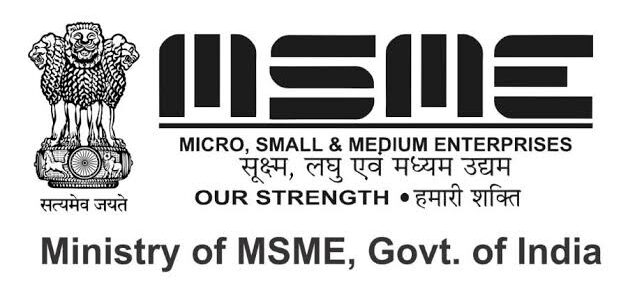A Limited Liability Partnership (LLP) is a hybrid form of business organization combining the benefits of a company and a partnership. It provides limited liability to its partners and is governed by the Limited Liability Partnership Act, 2008. Here is a detailed overview of various aspects of LLP in India:
1. Definition and Nature
- Definition: An LLP is a corporate business structure that offers the advantages of limited liability to its partners while allowing them the flexibility of organizing their internal structure as a partnership.
- Nature: LLP is a separate legal entity, can enter into contracts, and hold property in its name. It combines the features of a partnership and a corporation.
2. Registration
- Mandatory: Registration is mandatory under the Limited Liability Partnership Act, 2008.
- Process:
- Digital Signature Certificate (DSC): Obtain DSC for designated partners.
- Director Identification Number (DIN): Obtain DIN for designated partners.
- Name Approval: Apply for the name approval of the LLP through the MCA portal.
- Incorporation Form: File Form FiLLiP (Form for incorporation of LLP) with the Registrar of Companies (RoC) along with the partnership agreement and required documents.
- LLP Agreement: Execute and file the LLP agreement within 30 days of incorporation.
To get your LLP registration, you can contact WynSwell for all such services. We offer pan-India services to ensure your business complies with all necessary regulations.
3. Licenses
- Trade License: Required from the local municipal corporation.
- GST Registration: Mandatory if the annual turnover exceeds ₹40 lakhs (₹20 lakhs for North-Eastern states).
- Professional Tax: Required if the business employs staff.
- FSSAI License: Required if the business is involved in food-related activities.
- Other Licenses: Depending on the nature of the business, additional licenses may be required.
4. Taxation
- Income Tax: LLPs are taxed at a flat rate of 30% on their income, plus surcharge and cess as applicable.
- Alternate Minimum Tax (AMT): LLPs are subject to AMT at 18.5% of adjusted total income if the income tax payable is less than 18.5% of adjusted total income.
- GST: If registered under GST, the LLP must comply with filing monthly/quarterly returns and annual returns.
5. Audit
- Mandatory for Certain LLPs: Audit is mandatory if the annual turnover exceeds ₹40 lakhs or the contribution exceeds ₹25 lakhs.
- Tax Audit: Required if turnover exceeds specified limits or if the business opts for presumptive taxation and income claimed is lower than the presumptive income.
6. Accounting Rules
- Bookkeeping: Maintain accurate records of all financial transactions.
- Financial Statements: Prepare Profit & Loss Statement and Balance Sheet annually.
- Cash Flow Management: Crucial for the sustainability of the business.
- Filing Requirements: File annual statements of accounts and solvency, and annual return with the RoC.
7. Scope and Types
- Scope: Suitable for professional services firms, small to medium-sized enterprises, and businesses seeking limited liability protection.
- Types: LLPs can engage in various types of businesses, including professional services, manufacturing, trading, and more.
8. Banking Norms
- Separate Bank Account: Recommended to open a current account in the name of the LLP.
- KYC Norms: Banks require proof of identity, address proof, LLP incorporation certificate, LLP agreement, and PAN of the LLP.
9. Regulations
- Compliance with LLP Act: Adherence to the Limited Liability Partnership Act, 2008.
- Labor Laws: Compliance if the business employs staff.
- Consumer Protection: Adherence to consumer protection laws.
- Environmental Regulations: Compliance with environmental norms if applicable.
Advantages
- Limited Liability: Partners have limited liability, protecting personal assets.
- Separate Legal Entity: LLP is a separate legal entity from its partners.
- Flexibility: Flexibility in management and internal structure.
- Perpetual Succession: Continuity of the LLP is not affected by changes in partners.
Disadvantages
- Compliance Requirements: More compliance and regulatory requirements compared to a partnership.
- Limited Growth Potential: Raising capital can be more challenging than for companies.
- Public Disclosure: Financial statements and annual returns are public records.
Conclusion
An LLP is suitable for small to medium-sized businesses and professional services firms, offering limited liability protection and flexibility in management. However, the compliance requirements and public disclosure norms must be carefully considered.
For assistance with your LLP registration and other compliance needs, contact WynSwell. We offer comprehensive services across India to help you focus on growing your business without worrying about compliance issues.












